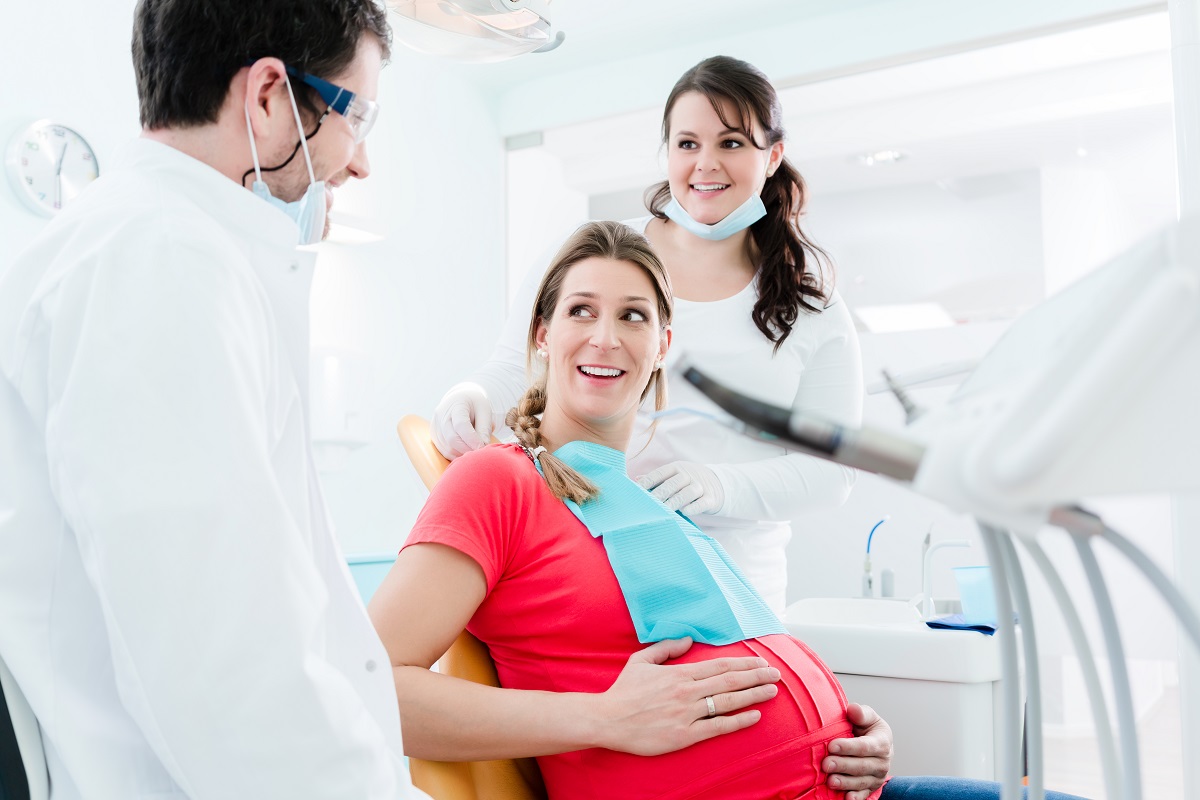Carrying a child means big changes for a woman’s body, and this includes their teeth. Swelling can happen everywhere throughout pregnancy, including the gums, which can lead to pockets forming under the gums, where bacteria can hide and multiply. For this reason, it is recommended that pregnant women visit the dentist more frequently than they usually would. A trip to the dentist is essential for prevention and good oral hygiene.
Pregnant women should make an appointment with a dentist in Harley Street, such as those at Harley Street Dental Clinic, as soon as they find out that they are pregnant. Letting the dentist know how far along they are, or if they have any medical conditions, will enable them to create a personalised treatment plan for the rest of their pregnancy. Pregnancy is a natural stage in a woman’s life, and maintaining oral health is directly related to good overall health.
Is it safe to visit the dentist when pregnant?
Most dental procedures are safe for pregnant women and they can receive numerous treatments from a dentist in Harley Street including cleanings, fillings, crowns, and even root canal treatment to treat infections. Preventive cleanings are also recommended to prevent a particular type of gum disease that is very common during pregnancy.
The first trimester is not ideal for dental treatments as the foetus is starting to develop. Instead, non-emergency visits should be carried out in the second trimester or early in the third trimester. Treatment in the third trimester should be avoided as it can increase the risk of premature delivery.
The ideal time to have dental work is during the second trimester. This is because during the third trimester it is much harder for women to lie on their backs for long periods of time. However, if an emergency occurs, such as a root canal or an extraction, treatments can be done at any stage.
Dental treatment with anaesthetic is not harmful during pregnancy; however, local anaesthesia should be kept to a minimum as long as the patient is comfortable. Finally, although there is no risk of miscarriage due to x-rays, the radiation can be harmful to the cells, which is why it is often avoided in pregnancy.




